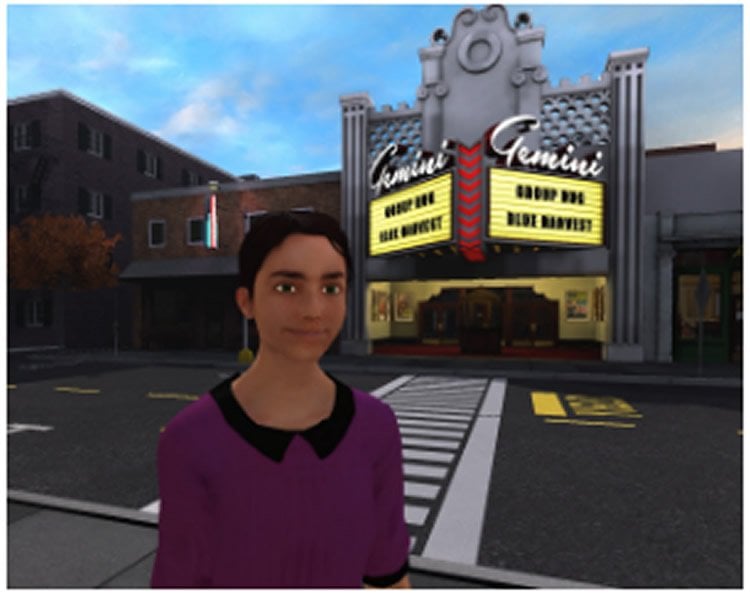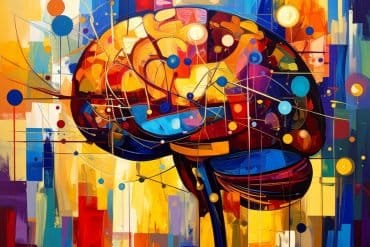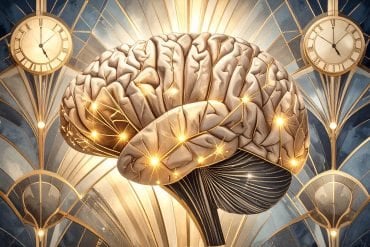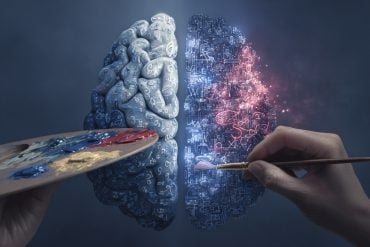Summary: Children with ASD demonstrated improved social cognition skills and reported better real world relationships following virtual reality training.
Source: UT Dallas.
Although most children with high-functioning autism have above average intellectual capabilities, they often experience social difficulties. Deficits in social communication and difficulty inhibiting thoughts and regulating emotions can lead to social isolation and low self-esteem. However, new research from the Center for BrainHealth at The University of Texas at Dallas shows that a new virtual reality training program is producing positive results.
“Individuals with autism may become overwhelmed and anxious in social situations,” said Nyaz Didehbani, Ph.D., a research clinician at the Center for BrainHealth. “The virtual reality training platform creates a safe place for participants to practice social situations without the intense fear of consequence.”
Findings published in the journal Computers and Human Behavior reveal that participants who completed the training demonstrated improved social cognition skills and reported better real-world relationships. Neurocognitive testing showed significant gains in emotional recognition, understanding the perspective of others and the ability to problem solve.
For the study, thirty young people ages 7 to 16 with high-functioning autism were matched into groups of two. The teams completed 10, one-hour sessions of virtual reality training over a 5-week period. Participants learned strategies and practiced social situations such as meeting a peer for the first time, confronting a bully, and inviting someone to a party. Participants interacted with two clinicians through virtual avatars. One clinician served as a coach, providing instructions and guidance, while the other was the conversational partner who played a classmate, bully, teacher or others, depending on the scenario in the video-game-like world.

“This research builds on past studies we conducted with adults on the autism spectrum and demonstrates that virtual reality may be a promising and motivating platform for both age groups,” said Tandra Allen, M.S., head of virtual training programs at the Center for BrainHealth. “This was the first study to pair participants together with the goal of enhancing social learning. We observed relationships in life grow from virtual world conversations. We saw a lot of growth in their ability to initiate and maintain a conversation, interpret emotions and judge the quality of a friendship.”
“It’s exciting that we can observe changes in diverse domains including emotion recognition, making social attribution, and executive functions related to reasoning through this life-like intervention,” said Daniel Krawczyk, PhD, associate professor at The University of Texas at Dallas and Debbie and Jim Francis Chair at BrainHealth at the Center for BrainHealth. “These results demonstrate that core social skills can be enhanced using a virtual training method”
Funding: The research was supported by grants from the Rees-Jones Foundation, Sparrow Foundation, Lattner Foundation, and Crystal Charity Ball.
Source: Emily Bywaters – UT Dallas
Image Source: NeuroscienceNews.com image is credited to the researchers/UT Dallas.
Original Research: Full open access research for “Virtual Reality Social Cognition Training for children with high functioning autism” by Nyaz Didehbani, Tandra Allen, Michelle Kandalaft, Daniel Krawczyk, and Sandra Chapman in Computers in Human Behavior. Published online September 2016 doi:10.1016/j.chb.2016.04.033
[cbtabs][cbtab title=”MLA”]UT Dallas “Virtual Reality Training Improves Social Skills in People With Autism.” NeuroscienceNews. NeuroscienceNews, 20 September 2016.
<https://neurosciencenews.com/social-skills-autism-vr-5087/>.[/cbtab][cbtab title=”APA”]UT Dallas (2016, September 20). Virtual Reality Training Improves Social Skills in People With Autism. NeuroscienceNew. Retrieved September 20, 2016 from https://neurosciencenews.com/social-skills-autism-vr-5087/[/cbtab][cbtab title=”Chicago”]UT Dallas “Virtual Reality Training Improves Social Skills in People With Autism.” https://neurosciencenews.com/social-skills-autism-vr-5087/ (accessed September 20, 2016).[/cbtab][/cbtabs]
Abstract
Virtual Reality Social Cognition Training for children with high functioning autism
Virtual reality appears to be a promising and motivating platform to safely practice and rehearse social skills for children with Autism Spectrum Disorders (ASD). However, the literature to date is subject to limitations in elucidating the effectiveness of these virtual reality interventions. This study investigated the impact of a Virtual Reality Social Cognition Training to enhance social skills in children with ASD. Thirty children between the ages of 7–16 diagnosed with ASD completed 10, 1-h sessions across 5 weeks. Three primary domains were measured pre-post: emotion recognition, social attribution, attention and executive function. Results revealed improvements on measures of emotion recognition, social attribution, and executive function of analogical reasoning. These preliminary findings suggest that the use of a virtual reality platform offers an effective treatment option for improving social impairments commonly found in ASD.
“Virtual Reality Social Cognition Training for children with high functioning autism” by Nyaz Didehbani, Tandra Allen, Michelle Kandalaft, Daniel Krawczyk, and Sandra Chapman in Computers in Human Behavior. Published online September 2016 doi:10.1016/j.chb.2016.04.033






